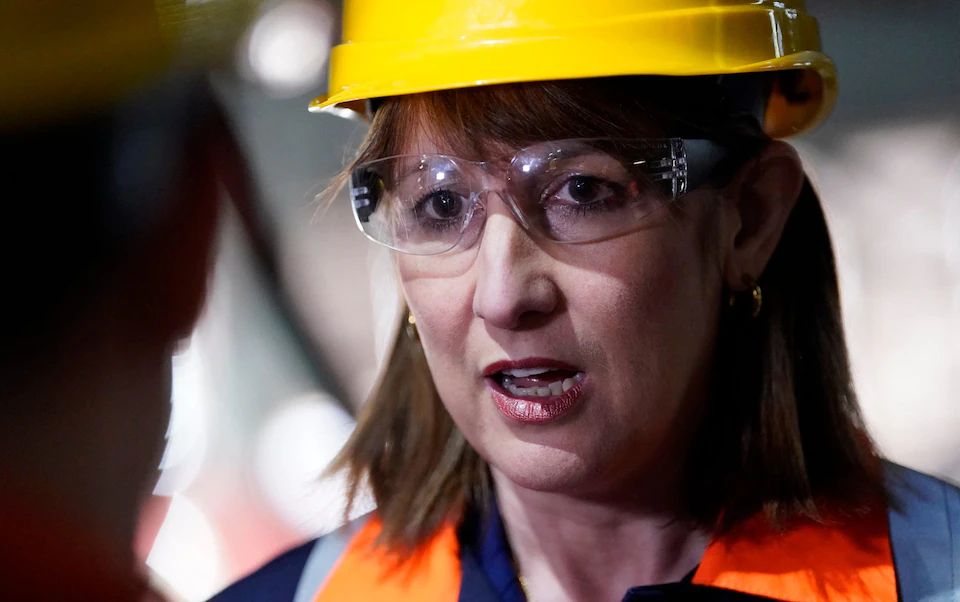Following Rachel Reeves’s raid on North Sea oil and gas companies, the FTSE 100 giant has revealed that Shell faces an extra £380m in tax.
The oil giant said it expected the Chancellor’s expansion of the so-called energy profits levy – also known as the windfall tax – to cost an additional $509m (£382m) up to 2030.
It comes after Ms Reeves extended the levy’s duration by a year while increasing the headline rate of tax paid by North Sea producers from 75pc to 78pc.
She also scrapped rules that let companies reduce their exposure by making investments in new or existing oil and gas fields.
Shell previously disclosed a payment of $462m under the levy for 2023.
It was revealed as Shell reported its latest financial results, which showed that profits fell from $7.7bn to $5.6bn in the first quarter of the year.
In December, it was announced that it was combining its assets in the UK North Sea with those of Norwegian giant Equinor under a new 50-50 joint venture.
Ashley Kelty, an oil and gas analyst at Panmure Liberum, said the shake-up would allow both companies to pool their respective tax allowances, helping to improve the efficiency of investments.
Shell’s disclosure comes amid growing signs of a civil war within Labour over its green policies, following Sir Tony Blair’s warning that limiting the consumption of fossil fuels was “doomed to fail”.
The Tony Blair Institute for Global Change, the former prime minister’s think tank, later walked back the statements and clarified that he supported the UK’s policies.
But the remarks have triggered debate about Cabinet ministers and Labour MPs, with Steve Reed, the Environment Secretary, saying they were “valid and important”.
This week, Sir Keir Starmer’s spokesman said the Prime Minister had confidence in Ed Miliband, the Energy Secretary, but refused to guarantee his job was safe until the next election, as he has done for Ms Reeves and David Lammy, the Foreign Secretary.
Ms Reeves’s decision to expand the energy profits levy has been heavily criticised by oil and gas firms that argue it is accelerating the decline of North Sea production as companies close up shop because of high costs.
Other government policies have also come under fire for similar reasons, including a de facto ban on new drilling licences that has been imposed by Mr Miliband.
By October Budget, the Treasury estimated that the Chancellor’s changes would raise an extra £2.3bn from 2025 to 2030.
Ministers are also considering the introduction of a new tax post-2030, one that would potentially be levied on sales if oil and gas prices exceed certain levels.
A consultation published in March said the measure would ensure British households “share in the profits” of future energy crises.
However, windfall tax was first imposed by then-chancellor Rishi Sunak in 2022, when the war in Ukraine sent oil and gas prices surging, but it has since been expanded under both the Conservatives and Labour.

